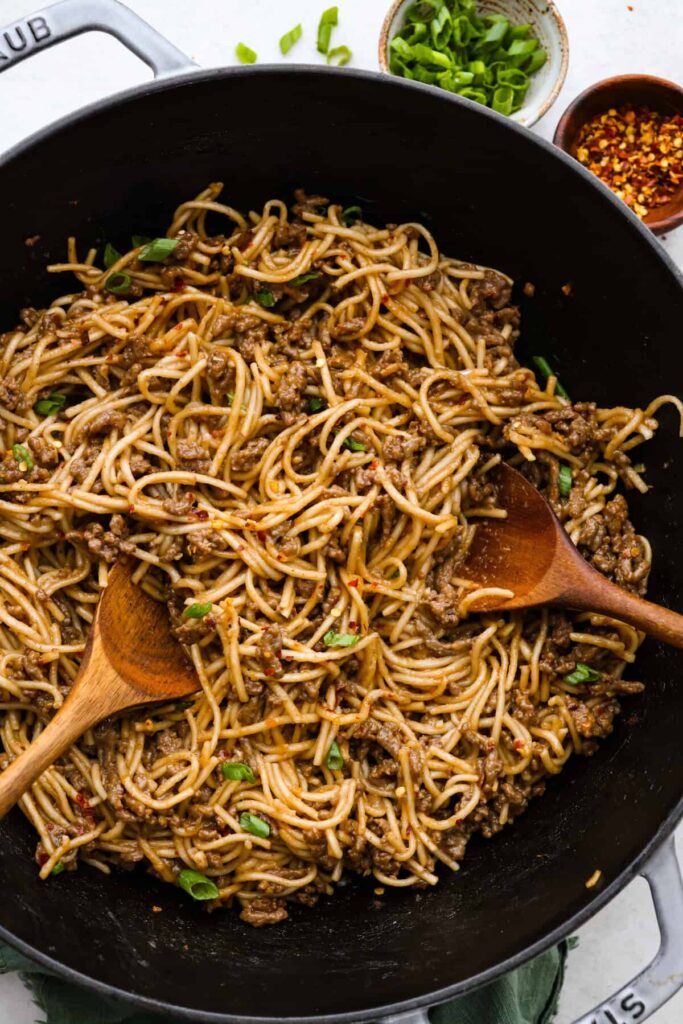November 2024 Recalls So Far: Listeria Monocytogenes Contamination Across Multiple Food Products
In November 2024, several food recalls were issued due to potential contamination with Listeria monocytogenes, affecting Taiwan Enoki mushrooms, select soft-ripened cheeses, and Autumn Turkey Sandwiches. HH Fresh Trading Corp recalled 200g packages of Taiwan Enoki mushrooms sold in West Virginia after routine FDA testing found contamination, though no illnesses were reported. Savencia Cheese USA expanded its recall of Brie and Camembert cheeses due to possible contamination detected in processing equipment. Additionally, CIBUS Fresh recalled Autumn Turkey Sandwiches sold in six states due to a link with contaminated Glenview Farms Spreadable Brie. While no illnesses have been reported, these recalls are being issued as a precaution, especially to protect vulnerable populations such as pregnant women, young children, and the elderly.
Head-to-Head Comparison of Treatments for Recurrent C difficile Infection
A recent Bayesian network meta-analysis (NMA) of 17 randomized controlled trials involving 4,148 patients assessed treatments for recurrent Clostridioides difficile infection (rCDI). The analysis found that fecal microbiota transplantation (FMT) via the lower gastrointestinal (LGI) route was the most effective treatment for rCDI, significantly outperforming placebo and other therapies like vancomycin and fidaxomicin. FMT via the upper gastrointestinal (UGI) route was also effective but less so than LGI. New microbiota-based treatments, such as Vowst and Rebyota, showed some promise but not as much as FMT In an interview with Christian Lillis, CEO of the Peggy Lillis Foundation, he believes the FDA’s policy change regarding OpenBiome’s distribution of fecal microbiota transplant products was unintended and expressed gratitude that the agency has worked with stakeholders to find an interim solution while a more permanent one is pursued. Listen to his thoughts here: Due to FDA Policy Change, Fecal Microbiota Transplants Are in a Tenuous Position
Efficacy of 8-Week Daclatasvir-Sofosbuvir Regimen for Chronic Hepatitis C
A recent meta-analysis of six studies assessing an 8-week regimen of daclatasvir (DCV) and sofosbuvir (SOF) for chronic hepatitis C virus (HCV) infection found sustained virologic response at 12 weeks (SVR12) rates ranging from 91% to 97%. The study, led by Ahmed N. Farrag, BPharm, suggests that this shorter treatment duration could reduce costs and improve access to treatment, particularly in low- and middle-income countries (LMICs) where the high cost of direct-acting antivirals (DAAs) is a significant barrier. Farrag emphasized the need for head-to-head randomized controlled trials (RCTs) to compare the 8-week regimen with the standard 12-week course and further pharmacoeconomic studies to assess the long-term cost-effectiveness, especially considering potential retreatments for patients who experience treatment failure. While the shorter regimen is promising, challenges such as identifying suitable patients and addressing potential retreatment costs must be considered for broader adoption.
What We Know But Still Have to Learn About Long COVID
In our last episode of our Long COVID roundtable discussion, clinicians Ravindra Ganesh, MD, Svetlana Blitshteyn, MD, and Monica Verduzco-Gutierrez, MD, highlighted the challenges and ongoing research into Long COVID, emphasizing the need for further understanding of its mechanisms. Ganesh discussed promising advances like AI in drug repurposing and proteomics research but stressed the uncertainty around Long COVID’s pathophysiology, patient susceptibility, and variability in recovery times. Blitshteyn pointed out how COVID-19 has shed light on long-overlooked post-infectious syndromes, particularly their impact on neuroinflammation and neurodegeneration. Verduzco-Gutierrez added that despite growing data and attention, much remains unknown, particularly regarding genetic predispositions and the long-term effects on public health, which will require urgent policy and healthcare responses.
Gilead and Merck Report Successful Phase 2 Results for Investigational Once-Weekly HIV Treatment
Gilead Sciences and Merck have announced promising Phase 2 trial results for an investigational once-weekly oral combination of islatravir and lenacapavir, which showed sustained viral suppression in adults with HIV after 48 weeks. Jared Baeten, MD, discussed the study results, which revealed that 94.2% of participants who switched from a daily regimen of Biktarvy to the new treatment maintained viral suppression with no detectable viral loads. The combination regimen also demonstrated a favorable safety profile, with mild side effects reported in a small percentage of participants. Based on these results, the treatment is progressing to Phase 3 trials, a crucial step toward potential approval for broader use in HIV care.







